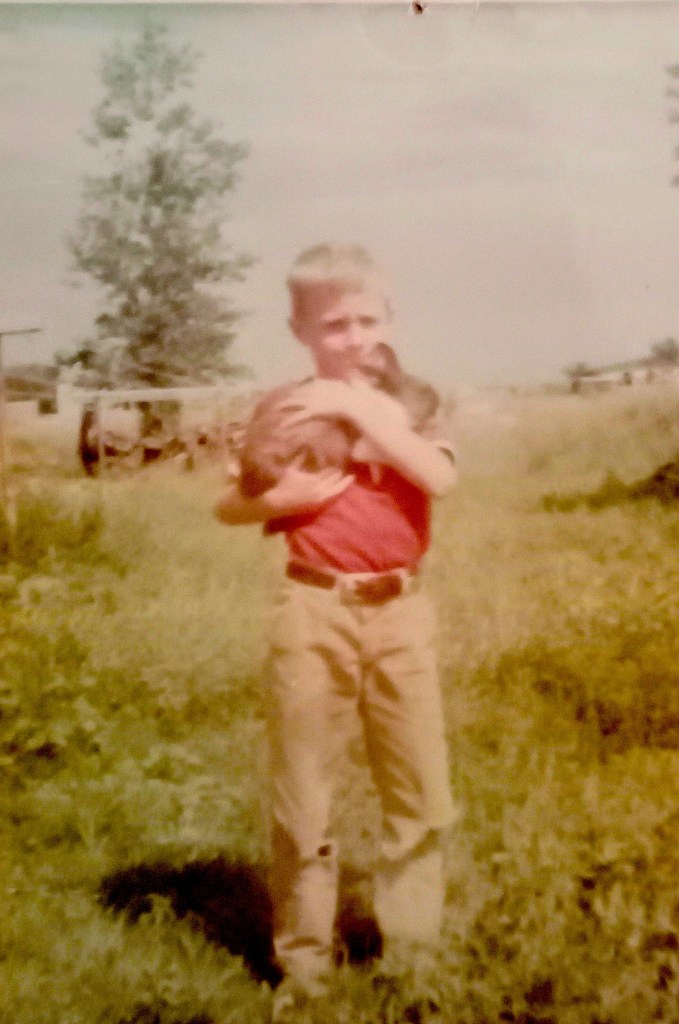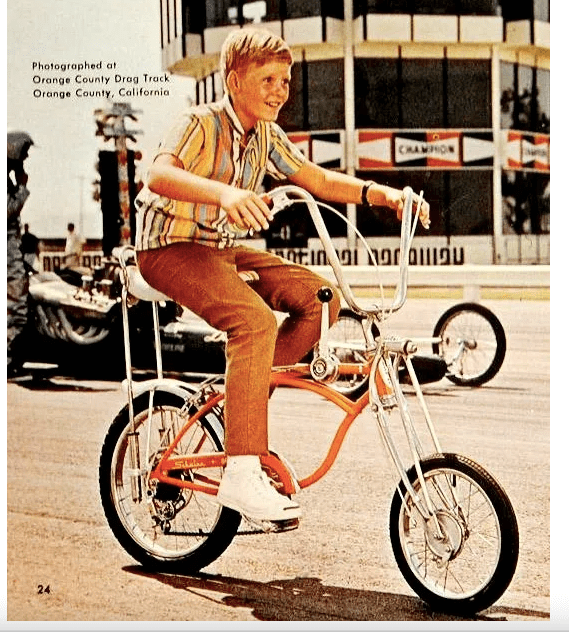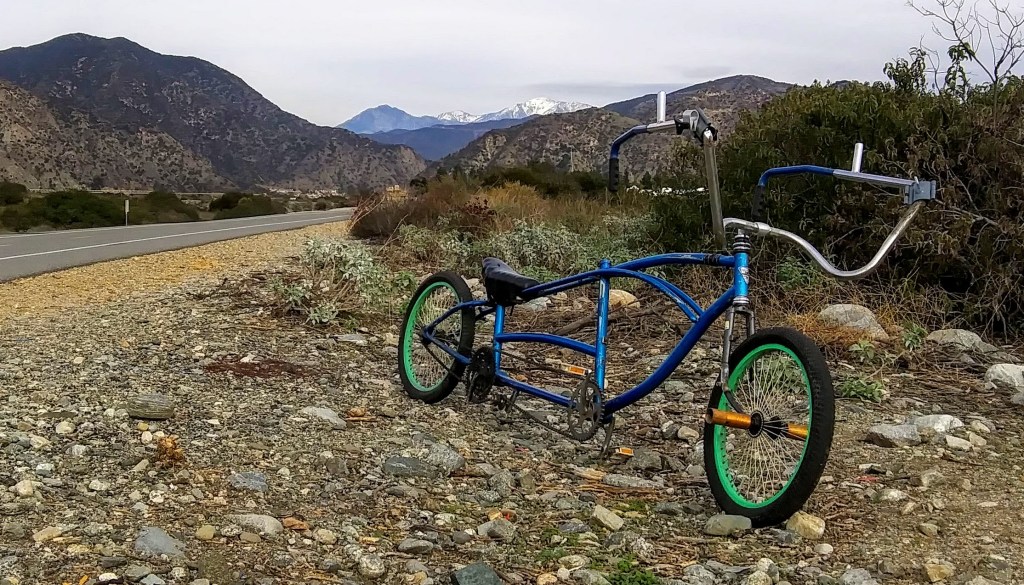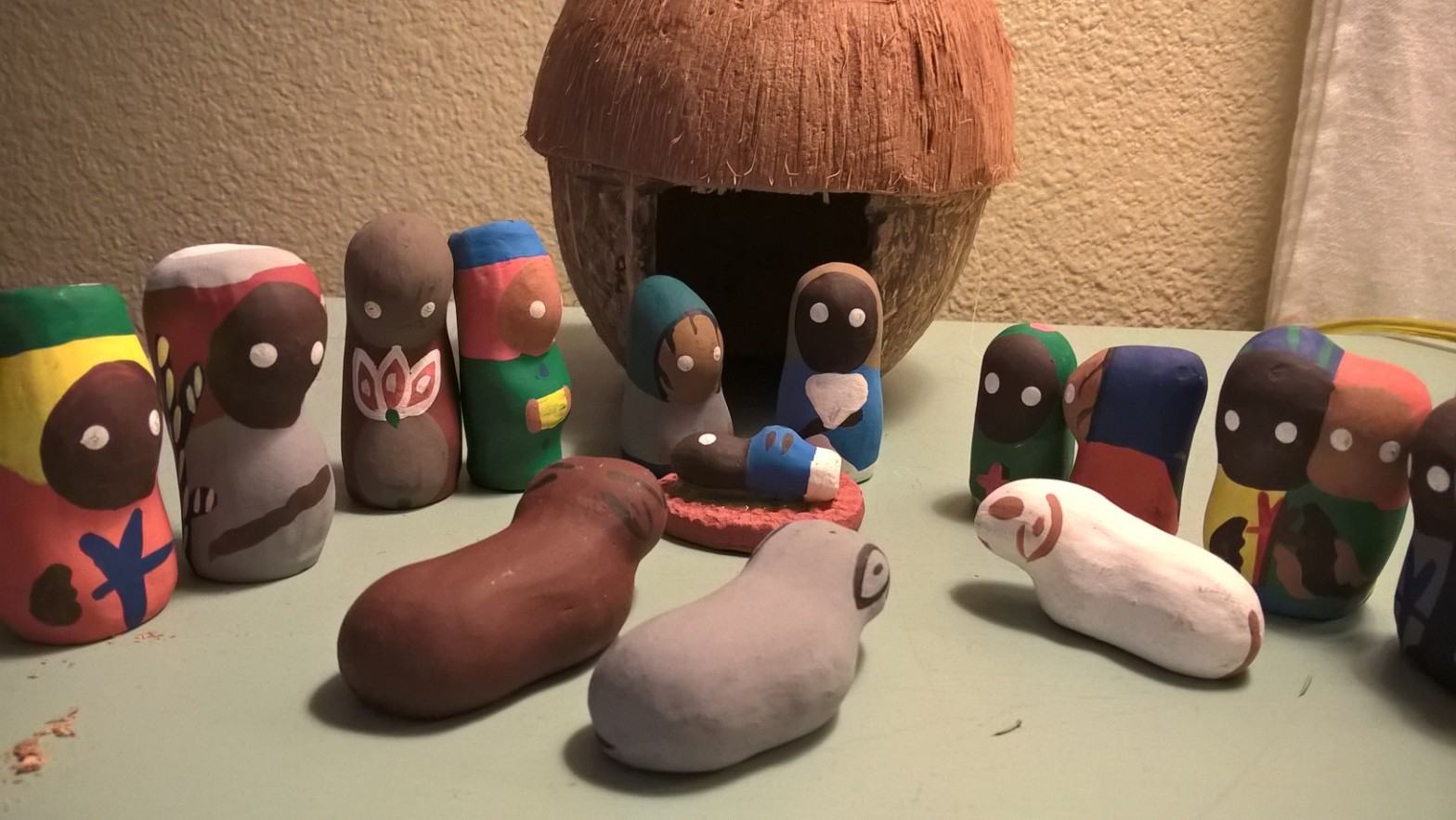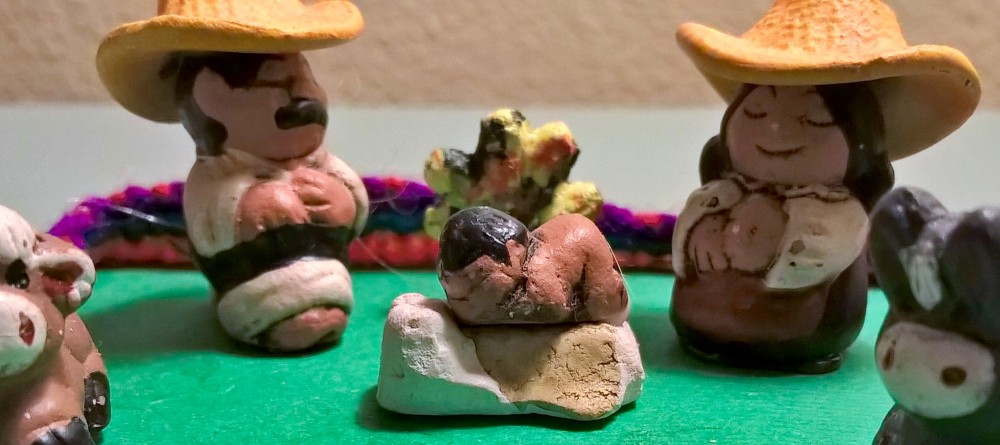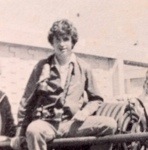Everyone has a parenthesis. A parenthesis is used when someone else describes you. For example, when I was in elementary school I was Calvin (the little kid with the big round kid). I had absolutely no talent or aspiration when I was little. Even if I had the aspiration to become something, I’m not sure I had the “vim and vigor” to get me there. But one day I was inspired by a random neighbor.
My three older brothers and I walked by Curly Messerschmitt’s house each morning on our way to school. Curly lived two houses away from Highway 212 and right next door to a Charlie Schmetlz (whose house was replaced by a Long John Silver’s restaurant after his family moved away). Every now and then my brothers and I would see Curly working outside and if he caught our eye, he’d say “hi” and we’d say “hi” in return. Curly always wore overalls and a denim cap. Curly wasn’t his real name but people called him that because – you guessed it – he had curly hair.
One day I was walking home alone (which as the youngest I was often apt to do because my brothers all had lives and I didn’t) and Curly was outside working on some cages.
“You want to see some rabbits?” Curly asked.
“Uh. (I began every sentence with “Uh” as a kid.) “Uh, sure.”
“Well come over here and I’ll show you” he said as he opened the door to a small wooden shed. Initially the smell of rabbit poop and urine nearly knocked me over. But once I stepped inside and opened my eyes I saw what was probably hundreds of rabbits lined up in cages on each side of the shed.
“Wow! Why do you have so many rabbits?”
“Let me show you something else” he said. And then Curly ushered me in and out of three other buildings, each filled with cages that were filled with even rabbits.
“So, what do you have all these rabbits for?” I asked again.
“I raise ‘em. Sometimes to sell, sometimes to eat. It’s what I do.”
And that’s how we began a meaningful relationship: Curly (the guy who raised rabbits) and me (the kid with the big round heat). Soon I convinced Dad into letting me clean out one of our old sheds so I could raise rabbits, too. Curly gave me some old cages and he and my dad helped me hang them up in the shed. Curly then told me how to care for the rabbits and over time I had nearly 80 of them in the little shed.
I occasionally sold some rabbits and occasionally entered rabbits in the County Fair where “Skipper” won a blue ribbon. I rewarded Skipper by feeding him some fresh lettuce but it killed him. Curly then told me that pellet-fed rabbits can’t digest fresh vegetables – “it will give them diarrhea, and they’ll probably die.“ Curly later showed me how to put the male rabbits with the female rabbits and – behold – 30 days later there was a bunch of baby rabbits. I hadn’t learned the “facts of life” yet, so this male/female/baby rabbit thing was a bit over my head.
Even though I was an official member of ARBA (American Rabbit Breeder’s Association) and raised rabbits for two years, eventually I quit the business and got a paper route instead. I slowly got friends my own age and life became busy. Once every year or so I stopped by Curly’s house to say “hi.” Several years later when I was in living in another state, I heard Curly had died.
What Curly added to my life was acceptance. To hang out with Curly I didn’t need to be Calvin (star football-player) or Calvin (strongest kid on the block). In fact, I didn’t even have to be very good at raising rabbits. To me Curly Messerschmitt wasn’t Curly (the guy who raised rabbits), Curly was my friend.
When my brother Hank turned 50 years old I called him on the phone to give my congratulations. “So have you thought about what you want to do in the years ahead, now that you’re fifty?” I asked. “Well, I’ve decided that in the years ahead it’s not as important about what I want to do, but instead ‘What kind of person do I want to be?'” he responded. Wow. Hank’s response caught me off guard because he and I are a lot alike – always busy, always planning, always doing. But to be? Hank reminded me that what kind of person I become is more important than doing things.
I hope someday my life’s parenthesis* will be less like Calvin (busy doing a lot of things) and more like a random neighbor guy who befriended a little kid: Curly Messerschmidt (he cared).
- A parenthesis is often used in the Bible when describing people: Barnabas (which means son of encouragement; Acts 4:36), Obadiah (a devout believer in the Lord; 1 Kings 18:3), and Moses (who was the humblest man on the earth; Numbers 12:3).
